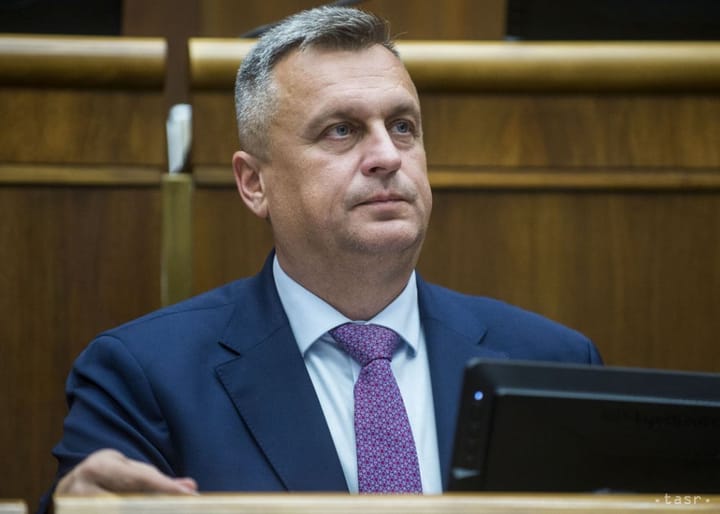Benova: Some CoFoE Proposals Require Revision of European Union Treaties

Bratislava/Brussels, May 26 (TASR) – If implemented, several proposals of the Conference on the Future of Europe (CoFoE) will require revisions of the Treaty on the Functioning of the European Union, Slovak MEP Monika Benova has told TASR, adding that she views such changes questionable given the complexity of the processes and the need for ratification in individual member states.
In this connection, the European Parliament “has already tasked the Committee on Constitutional Affairs (AFCO) with preparing a draft reform of the treaty, which would have to be carried out via a convention in line with Article 48 of the Treaty,” noted Benova.
The Slovak MEP views an informal document in which 10 EU-member states warn against hasty changes to European Union treaties as a call for caution.
“It’s related to the fact that some of the proposals resulting from the published recommendations are very ambitious, and trying to implement them in any way will require a lot of compromises on the part of individual member states,” she said.
Meanwhile, Benova praised the fact that the CoFoE has become “a tool to assess the current state of the Union and to reflect the demands of citizens of individual member states”. She added that almost 6,500 events were “organised within the conference, attended by hundreds of thousands of people”.
Benova also pointed to criticism that “many of the proposals and recommendations don’t sufficiently reflect real public opinion”. In this context, however, she stated that “everyone had the same opportunity to express themselves and to promote their views on addressing existing problems. Despite all efforts, it’s impossible to satisfy absolutely everyone, unfortunately,” she added.
Citizens of EU countries had an opportunity to comment on the Union’s functioning and propose changes from May 2021 to May 2022. The CoFoE Plenary in April adopted 49 proposals covering more than 300 measures in nine broad thematic areas. The European Parliament, governments of member states and the European Commission are now dealing with the proposals.



